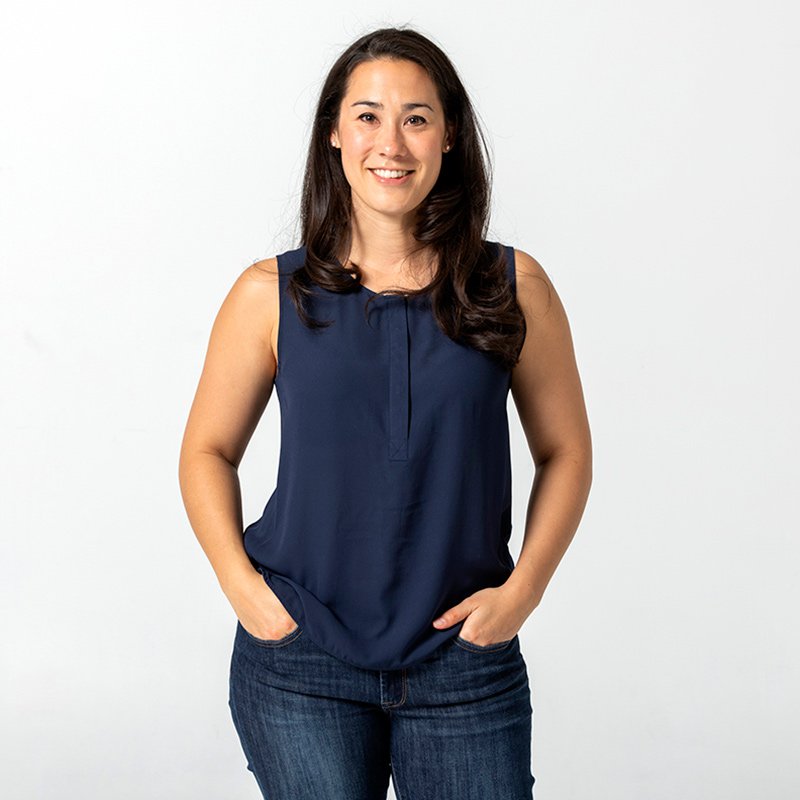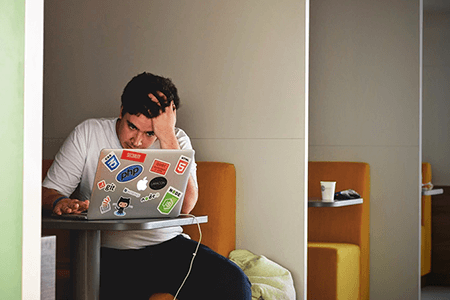How to say 'No' so you can say 'Yes'
By Robin Smith
Life is full of trade-offs.
Every time we say yes, we are saying no to something else. Likewise, every time we say no, we are saying yes to other things.
Are your priorities - the people you care about, the work that matters most - getting your yes?
Are you saying yes to the things you really want to commit to? Or are you saying yes because you don't know how to assertively and politely say no?

Being considerate of other people's needs and wanting to be a team player is important. In order to be an effective team player, you also need to be realistic about your capacity, energy reserves and bandwidth.
When you know your priorities and values - what you want time and energy to say yes to - saying no becomes much simpler.
Ironically, when we're feeling stressed, we're more likely to say no to ourselves, to stop doing the things that bring us joy and replenish us. This is actually the time we need to say yes to ourselves and no to others. If we can identify why we're feeling stressed, we can actually take steps to reduce our stress.
Feeling overloaded? Say no and push back on tasks of lower priority.
Feeling anxious about how much you have to get done in so little time? Say no to multitasking. Slow down and single-task. Taking much-needed and deserved breaks (intentional) is one thing—getting distracted (involuntarily) is another. Research shows that it can take up to 23 minutes to get back on task after being interrupted or distracted.
Try out some of the strategies above and below. Build your own 'no' repertoire and give it a go. If you're not used to saying 'no' or considering your own workload and energy before saying yes, it will take some time and practice.
About the author, Robin Smith
Robin is the Head of Content for Synergy Health Ltd. She has a Master’s degree in Physiotherapy and is an experienced health care professional, trainer and communicator in health, wellbeing and entrepreneurship. She is passionate about mindset, mental health and innovation and is the founder of Healthier Humans and the co-host of the Healthier Humans podcast.


Stress affects everyone in different ways. In stressful situations some people seem remarkably calm while others quickly show the ‘jitters’, some people lose their appetite entirely, while others crave (often sugary) foods.

New semester, new you? After weeks of fun in the sun, it’s time to hit the books and you may be feeling overwhelmed – don’t worry, here’s a refresher on hitting the ground flying to help you put your best foot forward.

Autumn months in Aotearoa New Zealand are a great time to get into nature, explore our beautiful environment, and connect with your whenua.